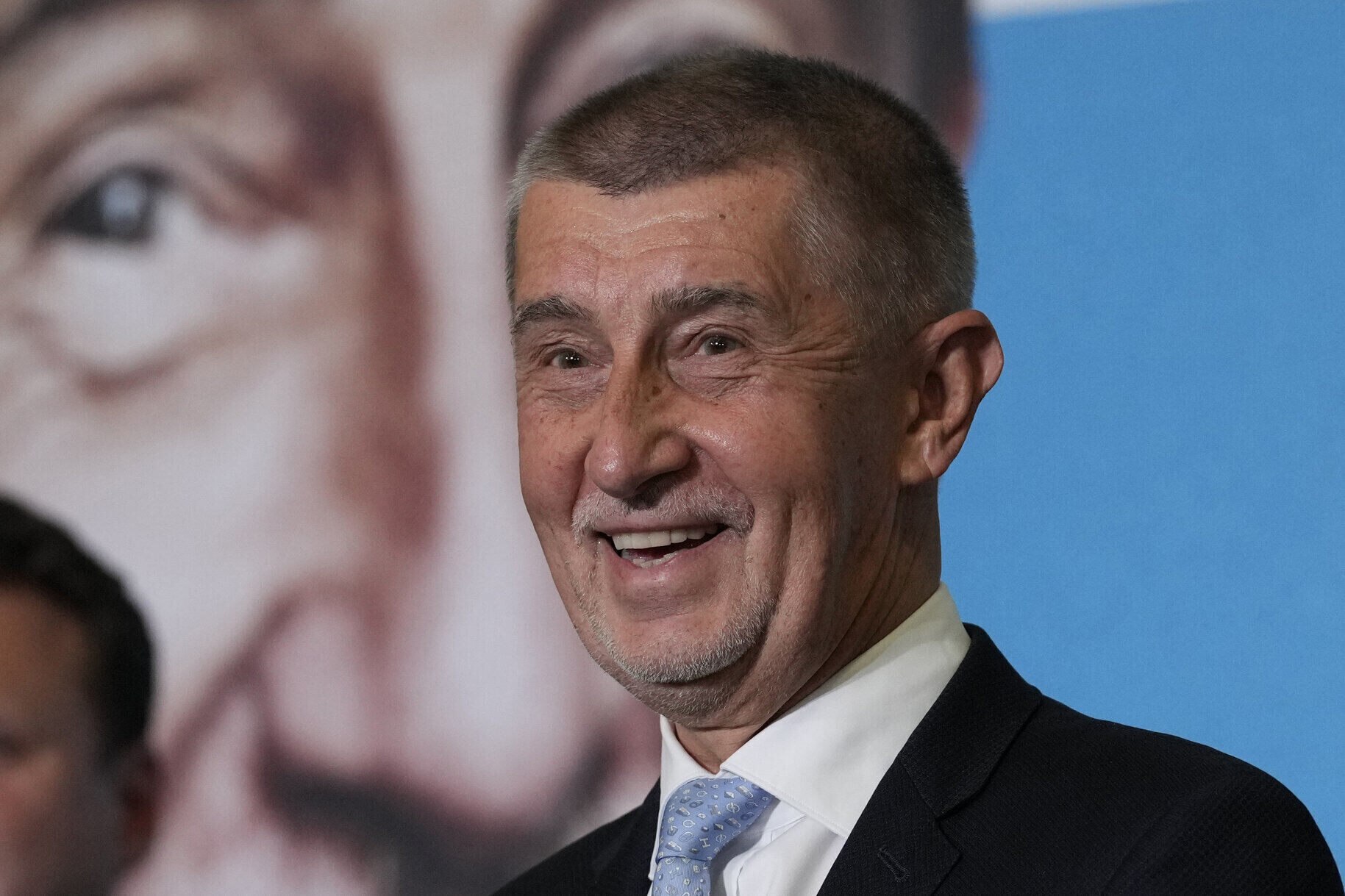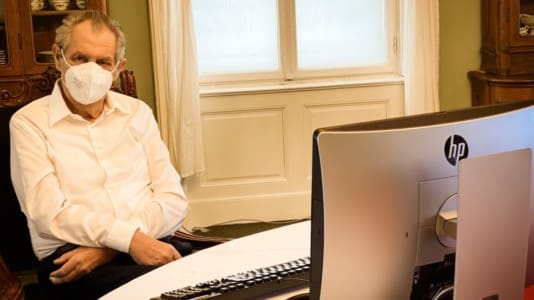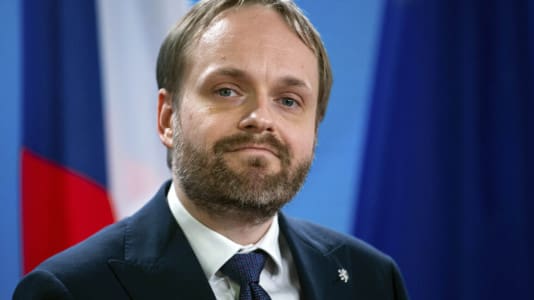This year, two key topics dominated: the Covid-19 epidemic and the elections to the Chamber of Deputies. It remains uncertain whether coronavirus will also be a topic next year, however, it can be assumed with great certainty that the public space will be dominated by the elections again, this time by the presidential ones. An exclusive survey by MF DNES showed how the presidential elections would turn out if they took place now.
It turns out that the resigning prime minister, Andrej Babiš, and General Petr Pavel would have the best chance to get to the second round, which sees the two candidates with the highest number of votes advance.
Surprisingly, the head of the Mayors and Independents (STAN), Vít Rakušan, would be in third place, albeit with a considerable distance behind Babiš and Pavel, leaving behind, for example, former President Václav Klaus.
Babiš encouraged many of his followers the moment he admitted the possibility of running for the post.
“Andrej Babiš has considerable support among people in retirement age or those with a lower level of education. He has the support of ANO, Communist Party (KSČM), and Freedom and Direct Democracy (SPD) voters and, to a large extent, of Oath (Přísaha) and Social Democratic Party (ČSSD) voters,” commented the director of the Median survey agency, Přemysl Čech.
He added that 26.5 percent of respondents wanted Babiš to be president, while Pavel would secure 15.5 percent of the vote and Rakušan 8.5 percent. Both of Babiš’s competitors rely on the support of the same electoral base of the Together (SPOLU) and PirSTAN coalitions.
Čech noted that Median conducted a similar survey at the time of the parliamentary elections. Then, the order in the first two places was reversed, with Pavel ranking first and Babiš in second place.
“The newest results are not surprising. In the presidential election, prominent political figures who polarize society come to the fore. Babiš encouraged many of his followers the moment he admitted the possibility of his candidacy. He can also benefit from many of his supporters fearing the government of Petr Fiala,” says political scientist Lukáš Jelínek.
According to him, Pavel is perceived as a candidate of the “other camp,” but he can also divide society because he is a former soldier.
“A lot of people will feel that they don’t want a soldier at the head of the state,” says the political scientist, with other experts noting that Pavel’s former membership in the Communist Party may also play a role.
It is important to note that none of the mentioned candidates officially announced their intentions to run for president, except for Rakušan, who immediately dismissed the idea.






